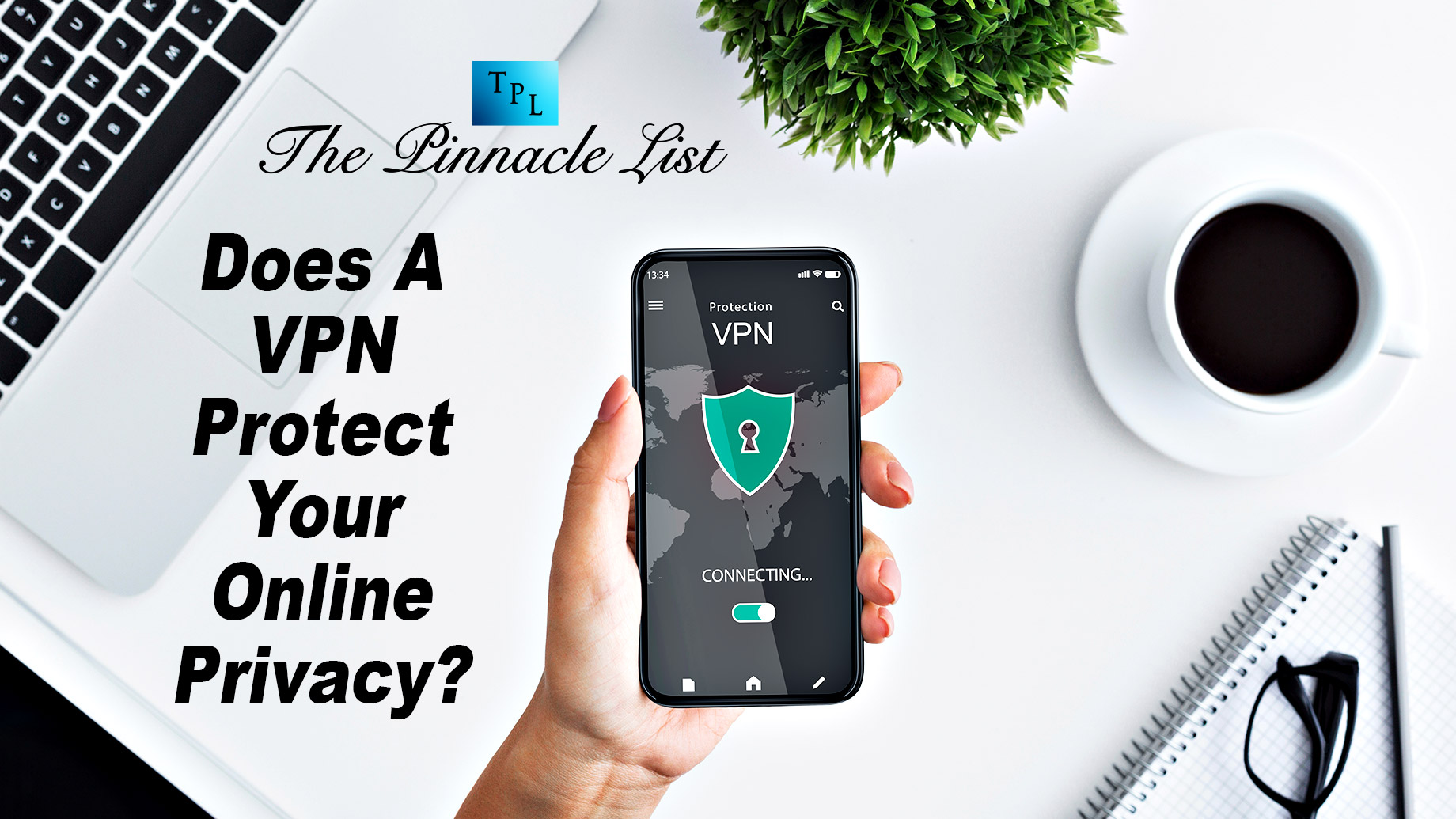
Currently, the internet is easily accessible to everybody, and users serve all day without knowing the consequences. It can be a problem for those people who want to keep their online activity private, safe and secure. People are not aware that cookies and browsing history can be tracked by websites, advertisers, and ISP.
Hence using a VPN service is the only solution that can help protect your online privacy and security. So in this article, we will discuss how VPNs protect your online privacy and what to look for when choosing a VPN service.
Does VPN Make Your Internet Private?
Yes, the Virtual Private Network makes your internet connection more private & safe. By creating a secure, encrypted link between your device and the internet. The connection is known as a “VPN tunnel,” which helps hide your IP address and encrypts all of your online activity. The best way to make your browsing safe is to get IPVanish discounts, as it has been recognized as the best reputable virtual private network.
IPVanish encrypts all your data using advanced AES-256 encryption and additional security layers. This makes it difficult for anyone to hunt your online action or access any of your personal information.
In addition to that, virtual private networks also block the internet service provider from tracking your browsing history, search queries, and other personal information, which gives you the added benefit of a VPN for online privacy.
What Are The Role Of VPNs?
The virtual private network allows you to have online privacy and anonymity when surfing the internet. VPN hides your IP address by creating a tunnel between your device & server so that your online activity is untraceable by your ISP. The tunnel makes it seem like you’re in another location.
The basic role of the virtual private network is to hide your IP address so that you can access any geo-blocking content. Using VPN protects your online privacy and even makes it more difficult for a third party to access any kind of activity you do over the server.
VPN is mostly used by businesses while working remotely, as it provides an encrypted connection allowing you to work properly.
How Does A VPN Provide Security And Anonymity?
Making a secure and encrypted VPN tunnel, hiding the real IP address, and blocking the ISP VPN provides privacy & anonymity. Performing these VPNs makes it extremely difficult for any websites & third parties to track your online activity log.
These are the things to consider a VPN does to provide you with the best security and anonymity. So grab the best VPN service provider to keep your activity safe and secure. However, If you’re on a budget, you can also check out the NordVPN Family Plan list of the best cheap VPN services you can get for your family member.
What Are The Benefits Of A VPN Connection?
There are multiple benefits of VPN to protect your online privacy and security. Continue reading to learn about the various advantages of a virtual private network:
- VPN encrypts internet connection to protect your personal information and online activity from being tracked by any third party.
- The VPN also allows anonymous browsing by hiding the real IP address.
- With a virtual private network, you can access restricted content from anywhere in the world.
- VPN protects your online privacy on public Wi-Fi networks.
- Having VPN is a great way to work remotely workers.
- The virtual private network also protects your multiple devices.
What Will A VPV Not Protect You From?
The VPN provides a high level of security and privacy when you are connected to the internet, but it will not protect you from all types of threats. Below mentioned are a few things that a VPN will not protect you from:
- A virtual private network will not be able to protect you from phishing scams and other types of social engineering attacks.
- VPN can’t protect you from malware and other types of malicious software.
- If anyone has physical access to your device, they might install malware on the device, and a VPN can’t undo that.
- Human errors, such as clicking on a malicious link or opening infected email attachments, as a VPN too can’t protect you from this.
Can You Get In Trouble For Using A VPN?
No, mostly using a VPN is legal and will not get you in trouble if you’re using it where VPN usage is allowed. However, if you’re using virtual private networks in a country that bans it, like China, then yes, you might be in a trouble.
What Does My ISP See When Connected To VPN?
The ISP will only see the VPN server you are connected with your device. The internet service provider will not be able to access the websites and content you visited as the traffic between the device, and the VPN server is extremely encrypted.
However, some VPN providers may keep logs of your internet activity, so it’s important to check their privacy policy before subscribing.
Is A VPN Really So Secure?
Yes, VPNs provide a high level of security and privacy when you are connected to the internet. However, there is no such guarantee that your online activity will be private and secure.
Is A VPN Worth It For Privacy?
Yes, it is worth having VPN to protect your online privacy. As it encrypts the internet connection, hides the IP address, and blocks ISP from tracking your activity history, which makes it difficult for any other websites, third parties, and advertisers to track your online activity.
Conclusion
In conclusion, VPN is a very effective tool for protecting your online privacy. By encrypting the internet connection, hiding your IP address, and blocking your ISP. Additionally, the virtual private networks also provide access to restricted content and protect public Wi-Fi networks. However, do remember that a VPN is not a guarantee of 100% privacy and security.